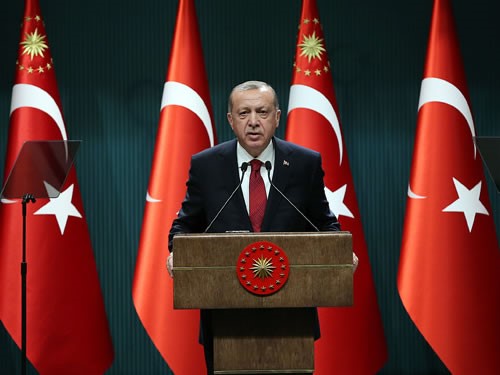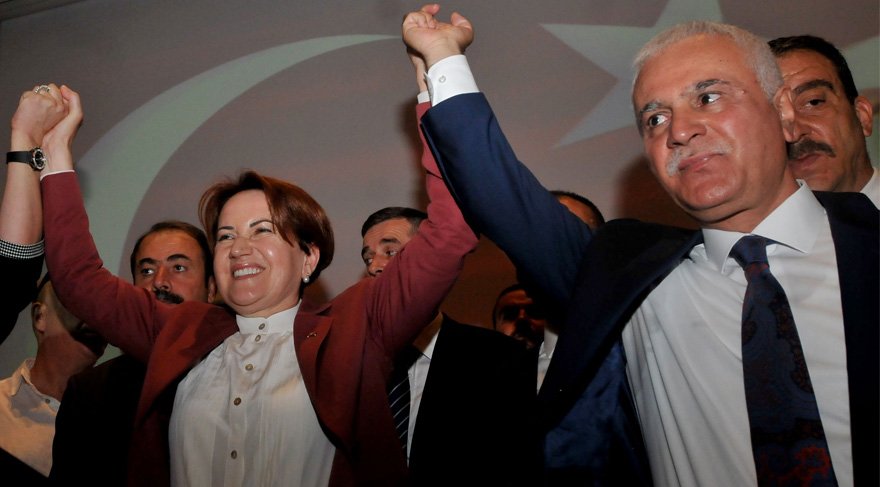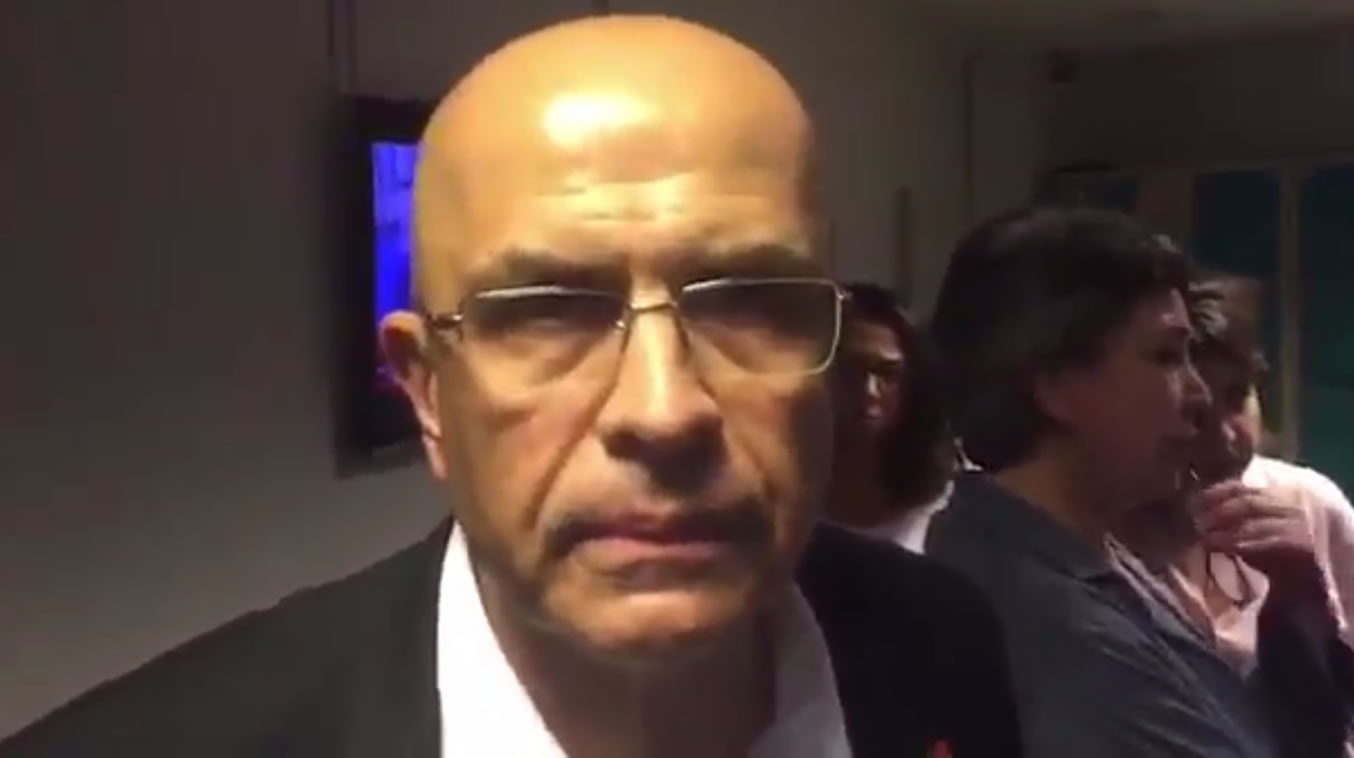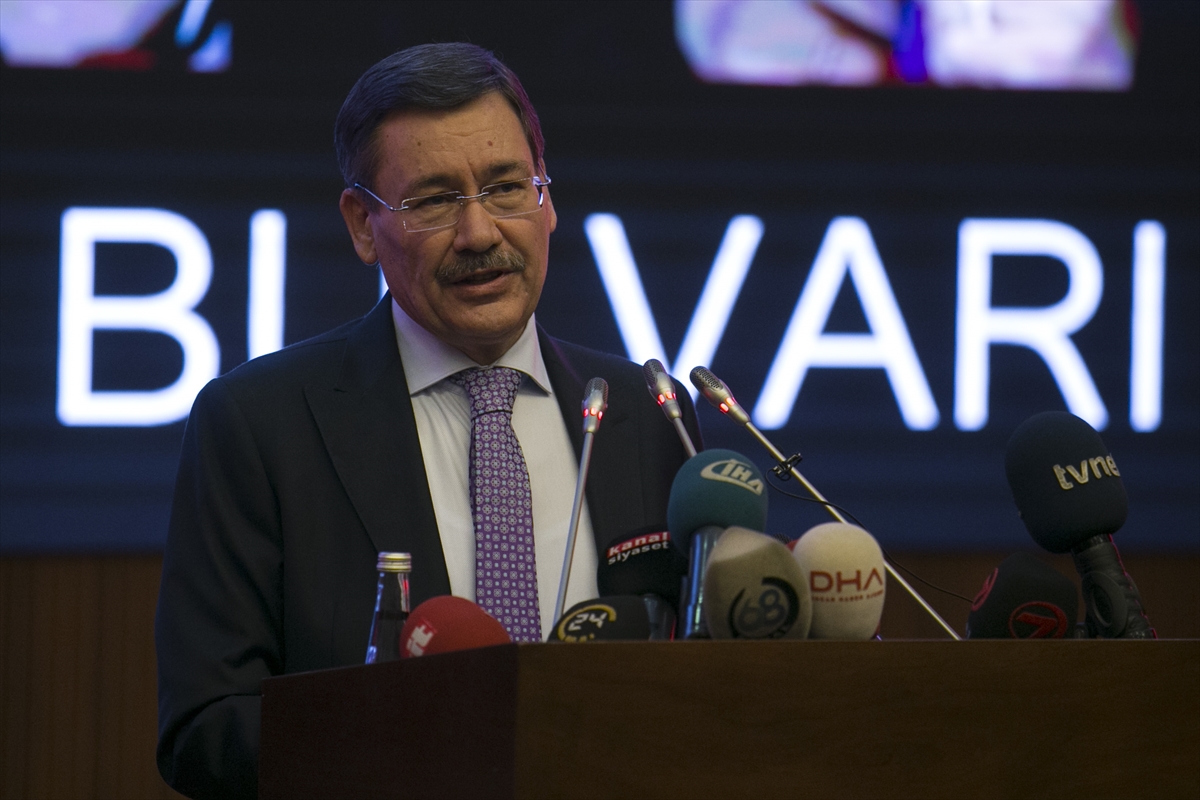Rarely does Turkey have what you could call a “calm year”, but there were hopes that 2018 would be one without wholesale disruption.
With street protests, consecutive elections, a referendum and an attempted coup, it feels like Turkey has been on a constant state of political alert since 2013.
Now this year too has been turned on its head by President Erdoğan’s announcement that the country will hold an early general election on Sunday 24 June.
The decision – which came after his nationalist de facto coalition partner called for a vote in late August – is a surprise. November 2019 was the date everyone was expecting. Mr Erdoğan himself repeated that timetable three times in a speech just yesterday.
And leaders rarely call elections before their time unless they think they can consolidate their position – Britain’s Theresa May is a famous recent example of how that gamble can end in failure.
This is the case even in democracies as flawed as Turkey’s: in the past half-century, both Bülent Ecevit and Turgut Özal called snap elections to consolidate their positions.
But Mr Erdoğan did not have to do this now. His AK Party had the luxury of 18 more months on the clock. They also had local elections next March that would have served as a handy barometer of voter sentiment.
True, the next election will grant its victor sweeping executive powers under new rules pushed through in last year’s referendum. It could be argued the president wants his hands on those – but he already wields most of them because of the ongoing state of emergency.
Mr Erdoğan did not have to do this now for another reason: last year’s referendum was the first time the opposition refused to concede an election result. Confidence in the security of the Turkish ballot box hasn’t been this low since the Second World War.
A snap election now will only invite further scrutiny and analysis of how far standards have dropped.
So why did he choose not to wait? Some will point to the security situation, which has undoubtedly improved since the dark months after the coup when someone was dying on average once a day in a bomb attack, and recent military advances in Syria as achievements worth boasting about.
Others will highlight the teetering economy, stubbornly high interest rates and the rising cost of living that saw the dollar cross the psychologically-important 4 TL mark a few weeks ago.
Things could get even worse and Mr Erdoğan never forgets it was an economic crisis that propelled him into office a decade and a half ago.
Then there’s the electoral challenge from the opposition old and new. Despite clumsy attempts to slate it as a terrorist outfit, the centre-left CHP is at least treading water and remains the country’s second-largest political party.
The pro-Kurdish HDP prevails too, despite dozens of its MPs being behind bars, and will be the main challenger to AK in Turkey’s southeast.
Much is also said about the threat to the right and nationalist vote from Meral Akşener’s newish İyi Party. No-one was expecting the party to unseat AK or the nationalist MHP soon, even by November 2019, but it has tapped into growing disillusionment on the right with the government.
Bence bu “Erken Seçim” değil “Panik Seçim” …
— Mansur Yavaş (@mansuryavas06) April 18, 2018
All these are factors that could have persuaded the president to call an election sooner rather than later – a “panic election”, as some are calling it.
There’s no doubt that, despite the system being balanced massively against them, the opposition can still do some serious harm to Mr Erdoğan’s prestige.
Forcing him to a second round of the presidential election – which presumably would be on 8 July – would be a humiliation. Forcing a hung parliament upon him would be doubly-so. It’s far too early to say if they can defeat him.
But never forgot too that the president is a shrewd politician who pours over polls meticulously.
Mr Erdoğan did not have to do this now. He called this election because he believes he will win it. That is by far the likeliest outcome.









